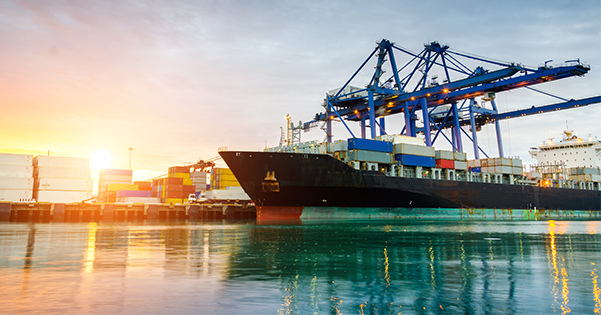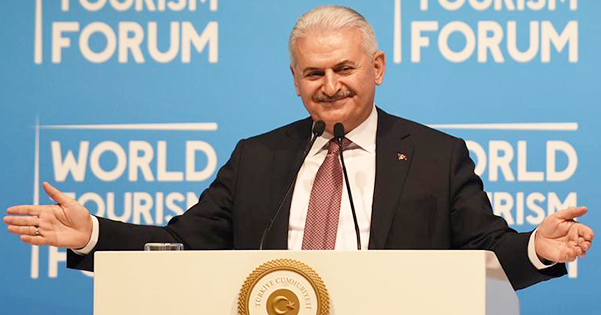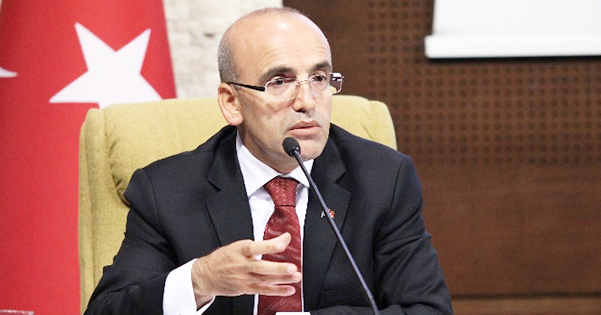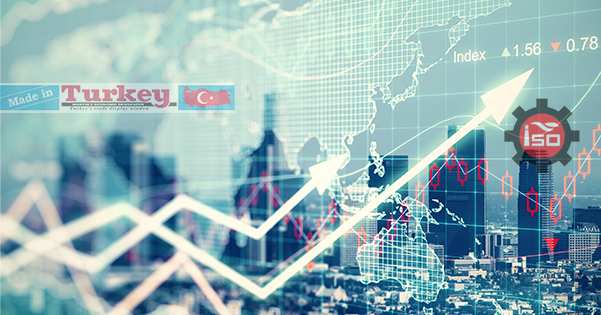Finance Minister Mehmet Şimşek said that Türkiye remains committed to “prudent, responsible and sustainable macroeconomic policies” in the face of ongoing global economic uncertainty as he reaffirmed the government’s economic program during meetings in Washington, DC. Speaking at an event organized by the Atlantic Council on the sidelines of the spring meetings of the International Monetary Fund (IMF) and World Bank, he said the government’s program to stabilize the Turkish economy is “on the righr track.” Şimşek said recent global fluctuations carry risks for inflation but added that lower oil prices and tightened monetary policy could help ease pressures. “Inflation is likely to stay well within the program target band,” he stressed. “Our response to global economic policy uncertainty is to stick to our prudent, responsible, sustainable macroeconomic policies,” he said. Despite global trade uncertainties, Şimşek said that Türkiye’s financial conditions are helping to sustain domestic demand and reduce imports. “With oil prices significantly lower, it implies that the actually current account deficit is likely to be lower than our program target,” he said. “I can assure you, spending discipline will be maintained,” he added.
He added that structural transformation was a key priority going forward, with a focus on digital infrastructure, artificial intelligence and green transformation to help reduce Türkiye’s dependency on oil and gas imports. Commenting on global trade dynamics, Şimşek said a fragmentation of global trade would be harmful to all parties, including Türkiye. Still, he noted several factors that make the Turkish economy resilient. “We rely on mainly domestic demand, investments and consumption within Türkiye for growth. So we’re not as open as many of our competitors,” he said. “If you look at our overall exports, over 80% is with countries that either we have free trade agreements with or that are in the immediate neighborhood.” Şimşek added that Türkiye’s strong manufacturing base and its deepening integration into global value chains enhance its strategic importance.
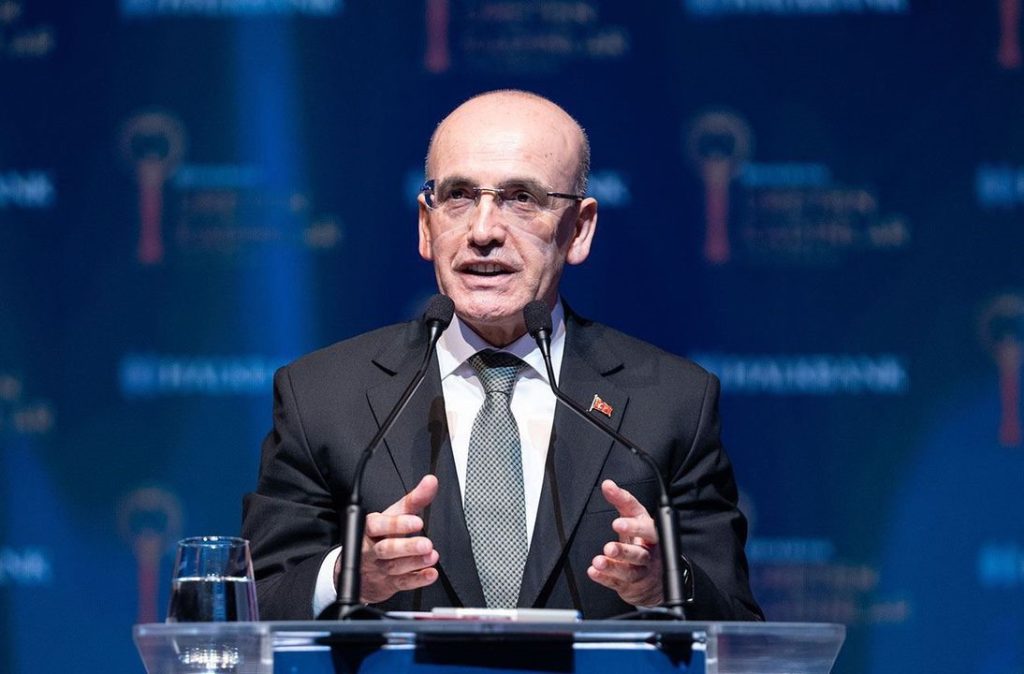
“I think Türkiye is one of the very few countries out there with a sizable manufacturing culture and capacity where we could see Türkiye’s integration in global value chains, when it comes to the West in general, be strengthened,” he said. “So Türkiye will be in a good position to attract Western investments. Also, some Asian players may want to have some base in Türkiye to cater for the needs of some of these markets.” Şimşek stressed that Türkiye remains an attractive destination for investors from a long-term perspective, citing its strong infrastructure, skilled labor force and leadership in artificial intelligence readiness among emerging markets. “If you’re taking a long-term perspective, Türkiye, in my view, is still a compelling case, despite some issues that occasionally emerge,” he said. Şimşek emphasized Türkiye’s potential to contribute to the European Union’s defense needs, noting that the bloc plans to spend €800 billion ($912 billion) on defense over the next four years. He said Türkiye has the capacity to help meet this demand.
On relations with the World Bank, Şimşek said the bank’s financial commitments to Türkiye have risen from $17 billion to $35 billion over the past three years. “The World Bank’s focus and our priorities perfectly match. We’re talking about, for example, green transition. They’re there for us. Productive infrastructure, they’re there for us. Digital infrastructure, they’re there for us,” he said. Excluding gold and energy, the current account balance ran a net surplus of $2.15 billion in February, according to the CBRT. On the capital account side, inflows amounted to $2.6 billion, a slowdown from the $11.9 billion recorded in January. With net errors and omissions outflows at $1.1 billion and an increasing current account deficit, official reserves shrank by $2.9 billion in February.

In the first two months of the year, the country posted a current account deficit of $8.4 billion, up from the $5.6 billion gap reported in the same period last year. The 12-month rolling current account deficit, which began increasing in November of the previous year, was $12.8 billion in February, or about 1% of gross domestic product (GDP). It is up from $11.8 billion recorded in the previous month. In the same period, goods recorded a deficit of $58.8 billion, while services posted a surplus of $62 billion.
The future path of the current account balance will likely be influenced by a range of factors, including rising uncertainty from the U.S.-China trade war, falling energy prices, and tighter financial conditions stemming from recent domestic political developments, according to analysts at Dutch banking giant ING.






